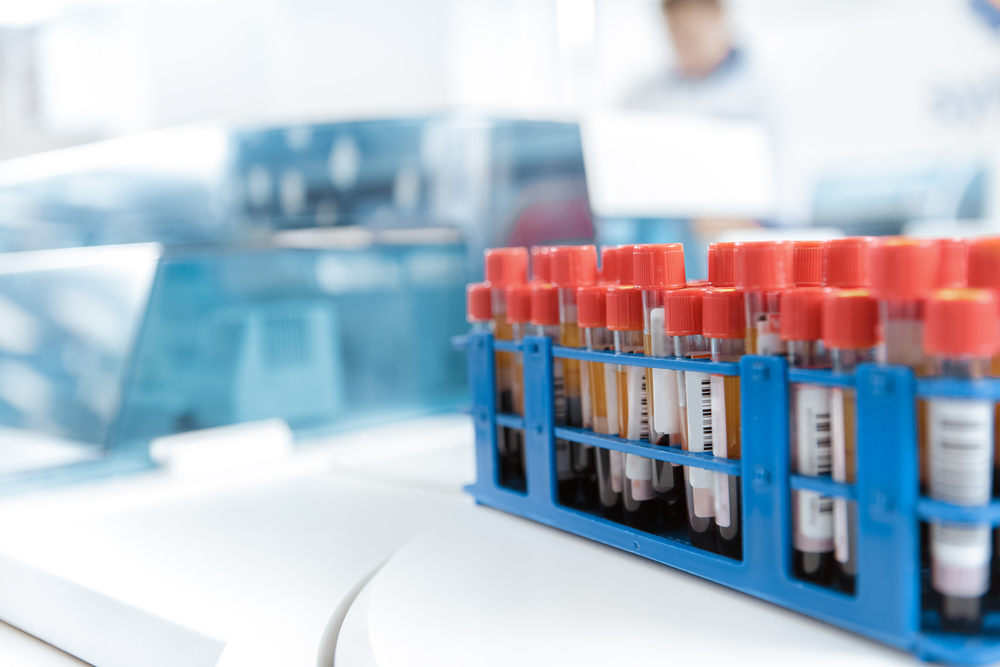Maintaining good health involves regular check-ups, and one important aspect of these check-ups is monitoring cholesterol levels. Cholesterol tests are vital for assessing the risk of cardiovascular diseases. However, many people are unsure whether they need to fast before undergoing a cholesterol test. This comprehensive guide will delve into this topic, exploring whether fasting is necessary, how cholesterol is tested, how to prepare for the test, and how to interpret the results.
Do You Need to Fast?
One of the most common questions regarding cholesterol testing is: "Should you fast before a cholesterol test?" Traditionally, fasting has been recommended for accurate measurement of cholesterol levels. Fasting typically means not eating or drinking anything except water for 9 to 12 hours before the test. This is because consuming food or beverages can temporarily increase certain lipid levels in your blood, potentially skewing the results.
How Is Cholesterol Tested?
Understanding how cholesterol is tested can clarify why fasting might or might not be necessary. Cholesterol tests, also known as lipid panels or lipid profiles, measure the levels of different types of fats in your blood. The test typically includes:
- Total Cholesterol: This is the overall amount of cholesterol in your blood.
- Low-Density Lipoprotein (LDL) Cholesterol:Often referred to as "bad" cholesterol, high levels of LDL can lead to plaque buildup in your arteries.
- High-Density Lipoprotein (HDL) Cholesterol: Known as "good" cholesterol, HDL helps remove other forms of cholesterol from your bloodstream.
- Triglycerides: These are a type of fat found in your blood, which can increase the risk of heart disease when elevated.
How Should I Prepare for My Cholesterol Test?
Preparation for a cholesterol test can vary depending on whether you need to fast. Here are some general guidelines to ensure accurate results:
If Fasting Is Required
- Follow Fasting Instructions: If your healthcare provider instructs you to fast, make sure you do not eat or drink anything other than water for 9 to 12 hours before your test. Avoid chewing gum or smoking, as these can also affect your results.
- Hydrate with Water: Drinking water is usually allowed and can help make the blood draw easier.
- Medications: Continue taking your prescribed medications unless instructed otherwise by your doctor. Some medications can affect cholesterol levels, so inform your healthcare provider about all the drugs you are taking.
- Avoid Strenuous Exercise: Vigorous physical activity can temporarily alter your cholesterol levels, so avoid intense exercise the day before and the day of your test.
If Fasting Is Not Required
- Normal Eating: If fasting is not necessary, you can eat and drink normally before your test. However, try to avoid high-fat or high-sugar foods right before the test, as they can temporarily increase lipid levels.
- Medications and Supplements: Inform your healthcare provider about any supplements or over-the-counter medications you are taking, as some can influence cholesterol levels.
General Tips
- Schedule Your Test: Try to schedule your test for a time that is convenient and allows you to follow any necessary preparation guidelines.
- Inform Your Healthcare Provider: Let your healthcare provider know about any changes in your diet, exercise, or medication routine, as these can impact your cholesterol levels.
- Relax: Stress can influence your cholesterol levels, so try to stay calm and relaxed before your test.
How to Read Your Results
Understanding your cholesterol test results is crucial for managing your cardiovascular health. Here's a breakdown of what the numbers mean and what to look for:
Total Cholesterol
- Desirable: Less than 200 mg/dL
- Borderline High: 200-239 mg/dL
- High: 240 mg/dL and above
Total cholesterol is a general indicator of your overall cholesterol levels. While it provides a broad overview, it's important to look at the specific components (LDL, HDL, and triglycerides) for a more detailed assessment.
LDL Cholesterol
- Optimal: Less than 100 mg/dL
- Near Optimal/Above Optimal: 100-129 mg/dL
- Borderline High: 130-159 mg/dL
- High: 160-189 mg/dL
- Very High: 190 mg/dL and above
LDL cholesterol is often referred to as "bad" cholesterol because high levels can lead to plaque buildup in the arteries, increasing the risk of heart disease and stroke.
HDL Cholesterol
- Poor: Less than 40 mg/dL (men), less than 50 mg/dL (women)
- Better: 40-59 mg/dL
- Best: 60 mg/dL and above
HDL cholesterol is known as "good" cholesterol because it helps remove LDL cholesterol from the bloodstream, reducing the risk of heart disease.
Triglycerides
- Normal: Less than 150 mg/dL
- Borderline High: 150-199 mg/dL
- High: 200-499 mg/dL
- Very High: 500 mg/dL and above
High triglyceride levels can contribute to the hardening of arteries and increase the risk of heart disease, especially when combined with high LDL cholesterol or low HDL cholesterol levels.
Interpreting Your Results
Interpreting cholesterol test results involves looking at the overall picture rather than focusing on individual numbers. For instance, a high total cholesterol level might not be alarming if your HDL cholesterol is also high. Conversely, a low total cholesterol level can still be concerning if your LDL cholesterol is high and HDL cholesterol is low.
Your healthcare provider will consider your cholesterol levels along with other risk factors, such as age, family history, smoking, high blood pressure, and diabetes, to determine your overall risk of cardiovascular disease. Based on this assessment, they may recommend lifestyle changes, medications, or further testing.
Conclusion
So, should you fast before a cholesterol test? The answer depends on your individual health profile and your healthcare provider's recommendations. While traditional guidelines emphasized fasting, recent research indicates that non-fasting tests can be just as reliable for most people. Follow your provider's instructions to ensure accurate results.
Understanding how cholesterol is tested, preparing properly, and interpreting the results can help you manage your cardiovascular health effectively. Whether fasting or not, regular cholesterol testing is crucial for heart health. Maintaining a healthy lifestyle with a balanced diet, regular exercise, and avoiding smoking can significantly impact your cholesterol levels and overall well-being. Regular check-ups and medical advice are key to staying healthy.
To book a cholesterol test, choose ASTO LABS. With experienced professionals, ASTO LABS provides comprehensive and personalized care. Book your test today and take a step towards better heart health.






